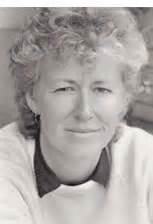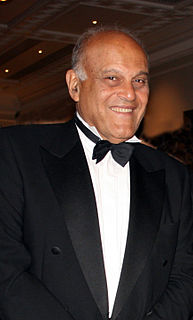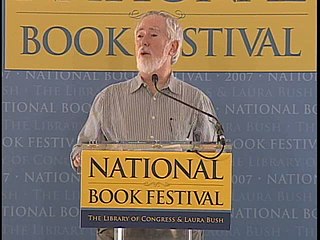A Quote by Helen Keller
True teaching cannot be learned from text-books any more than a surgeon can acquire his skill by reading about surgery.
Related Quotes
I had a friend who was the King's surgeon in England. One day I asked him what makes a great surgeon. He replied, "What distinguishes a great surgeon is his knowledge. He knows more than other surgeons. During an operation he finds something which he wasn't expecting, recognizes it and knows what to do about it." It's the same thing with advertising people. The good ones know more. How do you get to know more? By reading books about advertising. By picking the brains of people who know more than you do. From the Magic Lanterns. And from experience.
All spiritual growth comes from reading and reflection. By reading we learn what we did not know; by reflection we retain what we have learned. The conscientious reader will be more concerned to carry out what he has read than merely to acquire knowledge of it. In reading we aim at knowing, but we must put into practice what we have learned in our course of study.
... teaching cannot be a process of transference of knowledge from the one teaching to the learner. This is the mechanical transference from which results machinelike memorization, which I have already criticized. Critical study correlates with teaching that is equally critical, which necessarily demands a critical way of comprehending and of realizing the reading of the word and that of the world, the reading of text and of context.
Assume that a surgeon has discovered how to do brain surgery, that he can do only one a month, that 1,000 persons a year need such an operation if they are to survive. How is the surgeon's scarce resource to be allocated? Charge whatever price is necessary to adjust supply and demand, say $50,000! 'For shame,' some will cry. 'Your market system will save only wealthy people.' For the moment, yes. But soon there will be hundreds of surgeons who will acquire the same skill; and, as in the case of the once scarce and expensive 'miracle drugs,' the price then will be within reach of all.
A man's bookcase will tell you everything you'll ever need to know about him," my father had told me more than once. "A businessman has business books and a dream has novels and books of poetry. Most women like reading about love, and a true revolutionary will have books about the minutiae of overthrowing the oppressor. A person with no books is inconsequential in a modern setting, but a peasant that reads is a prince in waiting.
An acquaintanceship with the literature of the world may be won by any person who will devote half an hour a day to the careful reading of the best books. The habit of reading good books is one that gives great comfort in all the stages and among all the vicissitudes of life. The man who has learned to love good reading is never alone. His friends are the great ones of human history, and to them he may always go for stimulating and helpful communion. -GQ 71
I could teach an eighth-grader in twenty minutes how to brief a case. Yet for all three years in most law schools the casebook method of learning the law is still in. The matriculating young lawyer is as qualified to represent a client with the education he has suffered through as a doctor who has never seen a patient, who has never held a scalpel in his hand and who learns surgery by having read text books about it and becomes skilled in surgery, if ever, after having stacked up piles of corpses who represent his pathetic learning process.


































